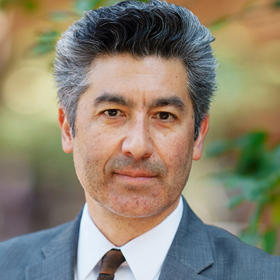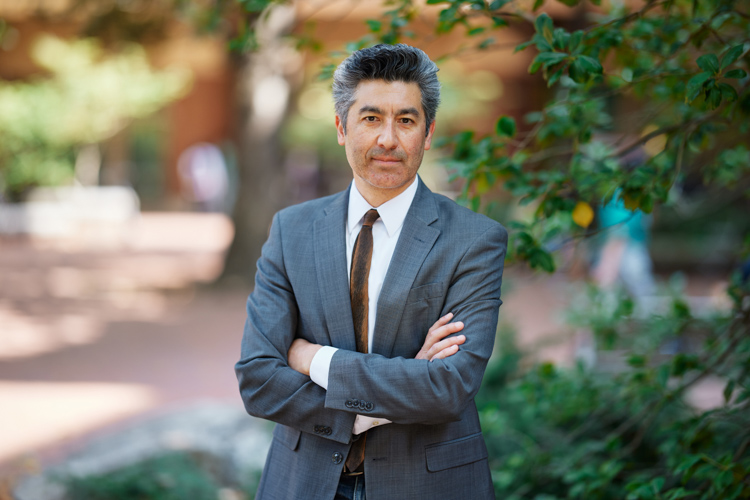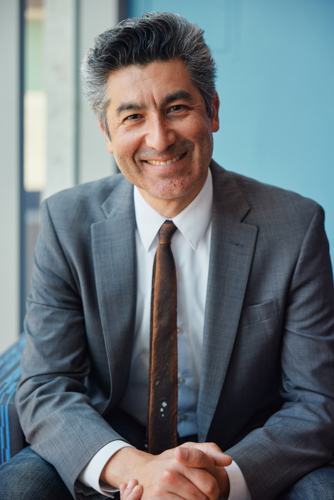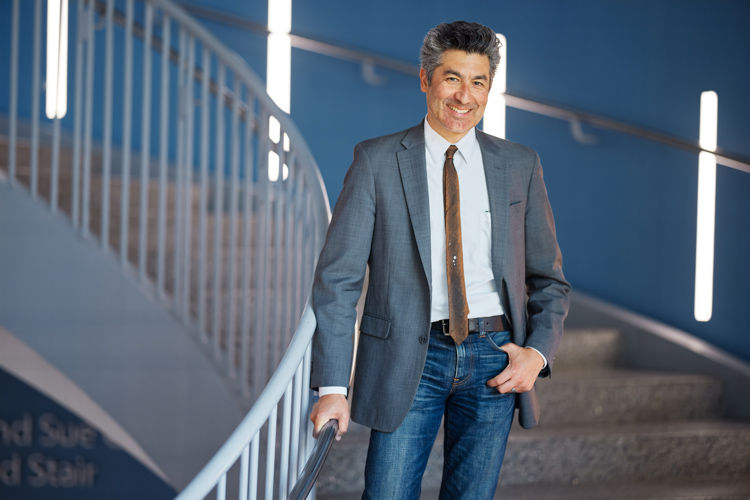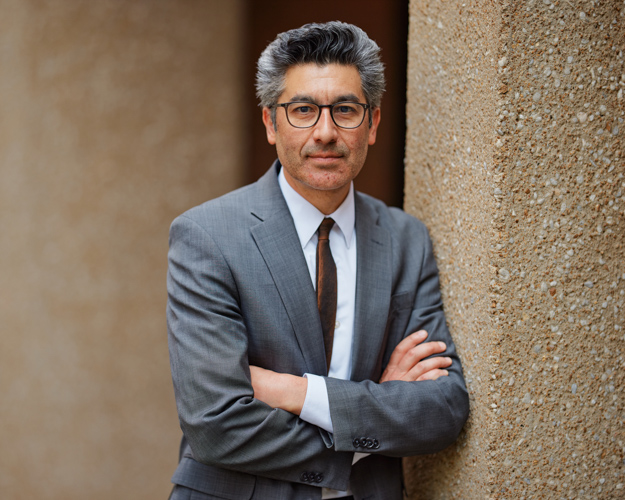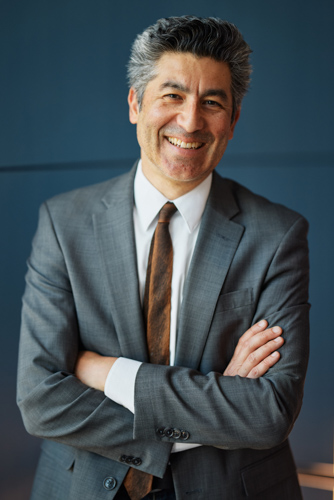About Keivan's Work
Keivan G. Stassun is a scientist and educator expanding opportunities in science, technology, engineering, and math (STEM) education and careers for underrepresented populations. Stassun’s research in astrophysics concerns star evolution and exoplanet discovery. A major additional focus of his work is enabling underrepresented and neurodiverse students to succeed in higher education and employment. He has spearheaded two major initiatives that challenge the limitations of traditional educational and career pathways and improve demographic representation in STEM.
Stassun was a founding co-director the Fisk-Vanderbilt Master’s-to-PhD Bridge Program to increase the diversity of students receiving advanced degrees in STEM fields. The program serves as a stepping stone for promising students who may not have the opportunity to gain experiences or skills needed to go directly into a PhD program. Students pursue a master’s degree at Fisk University, a historically Black university. They can take courses at both Fisk and Vanderbilt, and they receive mentorship and research opportunities tailored to their individual needs and interests. Those who complete the master’s degree are encouraged to apply to the Vanderbilt PhD program or may apply to another school of their choice. Universities across the country have adopted the program, and it is a model for advancing science by expanding access to it. In 2018, Stassun founded the Frist Center for Autism and Innovation. Working in collaboration with experts in education, disability, business, and engineering, the center takes a multipronged approach to helping neurodiverse individuals find and maintain meaningful employment. Neurodiverse participants engage in programs that identify their strengths and capabilities in relation to employment opportunities. They receive training in practical skills needed for the workplace, such as communicating with co-workers, working in a team, and advocating for themselves. The center also develops technologies to help remove common barriers to employment. For example, many autistic adults do not drive, which can limit their job prospects; others have auditory sensitivities that can make the workplace intolerable. The Frist Center is supporting partner labs with resources and entrepreneurship to develop and commercialize a virtual reality driving instruction system, custom-tunable and adaptive earbuds, and other technologies.
Finally, the center works with leading business scholars to create policies and practices that promote inclusion of neurodiverse employees. Stassun forges ties with partner organizations for internship opportunities in workplaces guided by neuro-inclusive management practices. In addition, he has established partnerships with other universities to improve the education-to-workplace pipeline for people who are neurodivergent. Stassun’s efforts to nurture the unique strengths of all individuals are unleashing human potential and bringing a wider range of perspectives and insights into the STEM workforce.







